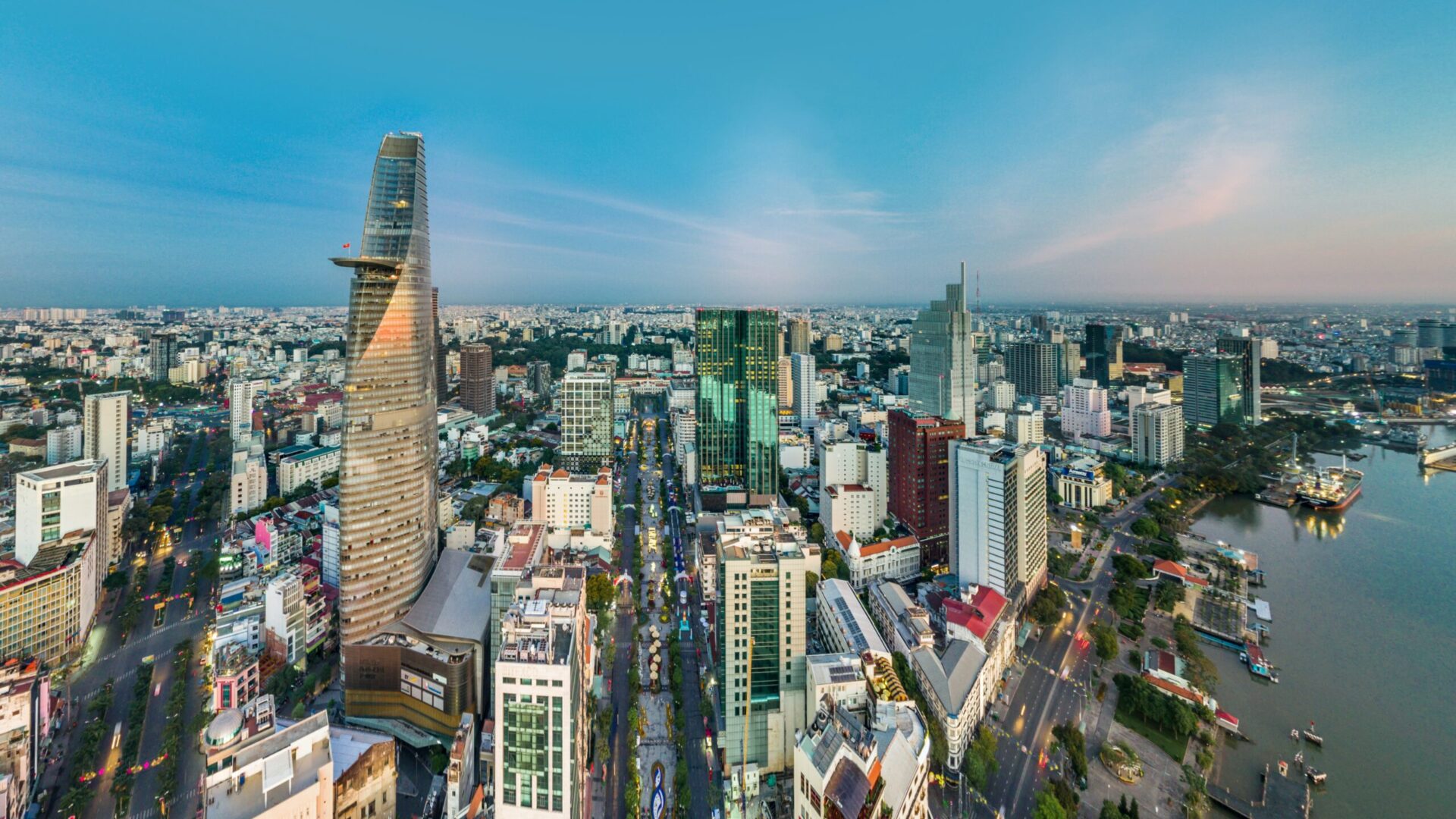Sustainable Tourism in Vietnam: The Appeal of Responsible Travel

目次
1. What is Sustainable Tourism in Vietnam?
Vietnam is known worldwide for its stunning natural beauty and rich cultural heritage, attracting travelers from all corners of the globe. However, with the rapid growth of the tourism industry, concerns about the impact on the environment and local culture have also arisen. This is where the concept of “sustainable tourism” comes into play. Sustainable tourism aims to ensure that travelers enjoy their visits while minimizing their environmental footprint and respecting the local communities.
In Vietnam, sustainable tourism initiatives include eco-tourism that focuses on environmental preservation and tourism sites that emphasize the respect for local culture. By integrating these sustainable options into your travels, you can contribute to preserving Vietnam’s beauty and cultural heritage for future generations.
2. Eco-Friendly Destinations and Notable Eco-Resorts
Vietnam offers a variety of eco-friendly destinations and resorts that practice sustainable tourism. Here are some of the top spots to consider:
1. Sustainable Resorts on Phu Quoc Island
Phu Quoc Island, located in southern Vietnam, is renowned for its crystal-clear waters and white sandy beaches. The island is home to several eco-resorts committed to sustainability by utilizing renewable energy and reducing plastic waste. These resorts focus on using solar power and recycling rainwater, allowing visitors to enjoy a comfortable stay while minimizing environmental impact.
2. Eco-Tourism Villages in Hoi An
Hoi An is a UNESCO World Heritage site known for its historic architecture and traditional culture. In this area, eco-tourism activities are on the rise, offering visitors the chance to participate in sustainable farming experiences with local communities. Tourists can enjoy meals made from organic produce while engaging with the locals to learn about their way of life, making this a unique sustainable tourism experience.
3. Eco-Cruises in Ha Long Bay
Ha Long Bay, a UNESCO World Heritage site known for its towering limestone islands, has implemented eco-friendly cruise options. These cruises use environmentally conscious vessels and promote activities that aim to preserve the natural surroundings. Tourists are educated about waste reduction and the importance of protecting the bay’s fragile ecosystem while enjoying a breathtaking cruise.
3. The Role of Local Communities in Sustainable Tourism
One of the most significant aspects of sustainable tourism in Vietnam is its strong connection with local communities. Sustainable tourism not only protects the environment but also fosters the preservation of local traditions and ensures that tourism revenue benefits the community directly.
Local guides and artisans often lead these tourism activities, allowing them to share their traditional skills and culture with visitors. This interaction helps boost local employment and allows for economic benefits to stay within the community, contributing to its sustainable development. Travelers, in turn, gain a deeper understanding of Vietnamese culture and traditions, enriching their travel experience.
4. How Travelers Can Make Sustainable Choices in Vietnam
As a traveler in Vietnam, you can contribute to sustainable tourism by making environmentally conscious choices during your visit.
1. Reduce Plastic Usage
Vietnam faces challenges with plastic waste, so minimizing plastic use is essential. Travelers can bring reusable water bottles and eco-friendly bags to help reduce waste.
2. Support Local Businesses
By choosing to eat at local restaurants and staying in locally-owned accommodations, you can ensure that the money you spend supports the local economy. Buying handmade crafts and products from local artisans is another way to contribute.
3. Choose Eco-Friendly Transportation
Vietnam offers various eco-friendly transportation options, such as electric bikes, bicycles, and public transportation. Opting for these methods helps reduce your carbon footprint, especially in cities where electric bike rental services are becoming more common.
5. Conclusion
Sustainable tourism in Vietnam offers a new way to travel, where both the environment and local culture are protected while providing a meaningful experience for visitors. By staying at eco-resorts and engaging with local communities, travelers can enjoy a deeper connection with the country while contributing to its sustainable future. When you visit Vietnam, consider incorporating sustainable options into your trip to ensure that you leave a positive impact on both the environment and the local people.
(Photo by Unsplash.com)



